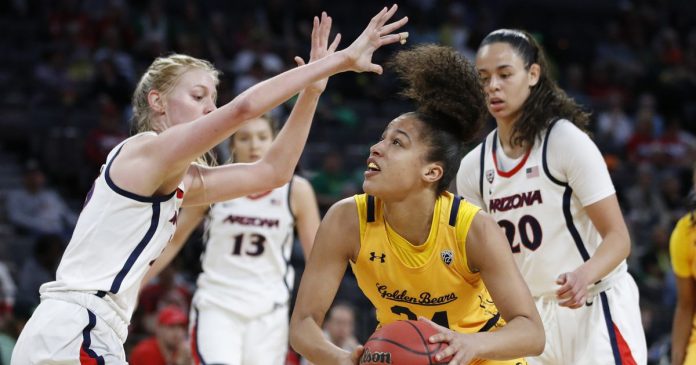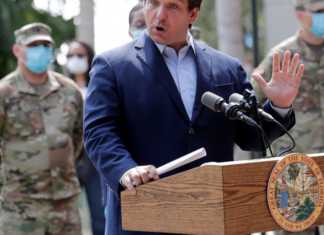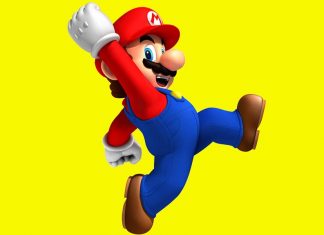
The COVID-19 Pandemic is hitting hard, and college students aren’t spared. Many college students, and athletes, are forced to be away from school. Morgan Coppoc is one of them. She’s far away from her campus at Georgia and feels lost without her usual routine and her tennis teammates.
Even though she’s at home in Tulsa, Oklahoma, she still gets regular calls and updates from her coaches and the school counseling office. They are checking in on her and providing support, including phone sessions that she would usually attend in person.
“This whole situation has been hard to understand and feels really strange,” Coppoc said. “I’ve gone through many emotions. At first, I couldn’t believe what was happening. I was even afraid to unpack my clothes when I got back home. I miss being close to my friends, teammates, and coaches.”
College sports leaders are trying to help athletes like Coppoc adjust to this new reality. Coaches are finding ways to keep their teams connected even though everyone is scattered across the country and the world. They are using video calls and group texts to help their athletes cope with the loss of their sports and the close relationships they built through them.
Jeff Wallace, Coppoc’s coach at Georgia, recently sent a message to the team. He said, “I hope everyone is doing well and staying safe. Things have changed a lot, so try to keep working out, stay hydrated, get enough rest, and practice social distancing. If you need anything or have any questions, just reach out. It would be nice to hear updates on how everyone is doing.”
At Arkansas, men’s basketball coach Eric Musselman is keeping track of all his players with a detailed spreadsheet, to keep tab of their welfare.
“The most important thing for us in college sports is the well-being of our students,” Musselman said. “All coaches want to win, but these young people are still figuring out life. We need to be there for them, whether it’s during the season or after they stop playing.”
Musselman usually has casual, in-person chats with his players to check on them. “That’s why we’re using FaceTime a lot, so we can see their faces. I really miss the times when they would come and sit in my office,” he said. “That connection is really important.”
Experts in communication and mental health are advising coaches to let young athletes go through their emotions as they deal with the sudden end of their sports seasons and the loss of team bonding activities. It’s important to provide support so they can find a sense of normalcy.
“They are very invested in their sports, and when that is taken away, they need some stability and support,” said Rick Dickson, a former athletic director who helped athletes after Hurricane Katrina in 2005. “They are looking for certainty in their lives.”
After Hurricane Katrina, Dickson moved his teams to four different campuses for safety and set up regular mental health checks for athletes and coaches.
He believes support cannot be a “one-time fix.” Instead, it needs to be ongoing.
Dickson also shared his experiences with the NCAA to help create guidelines on mental health as things quickly change because of COVID-19.
For most people, the new coronavirus causes mild symptoms, but older adults and those with health problems can get seriously ill.
Betsy Butterick, a communication expert and former college basketball player, held a free online seminar for coaches and administrators. She encouraged them to focus on self-care and to start with being grateful.
Since there can’t be traditional senior celebrations or end-of-season parties, she suggested coaches get creative. They could create new team awards, have virtual celebrations, choose a book for everyone to read and discuss, or let players come up with practice plans.
“It is very much like grieving,” said Nino Giarratano, a long-time coach. “We are in contact every day to help our players academically and keep their spirits up.”
Musselman is trying to keep things fun despite all the uncertainty. Last week, he shared a video of himself running around and cheering while coaching drills in an empty gym. He even held a fake news conference with no one there.
His players are his main priority. Senior Jimmy Whitt gets daily calls from his assistant coach. When Whitt goes back home to Columbia, Missouri, his coaches will keep in touch to make sure he gets home safely.
“It shows that it’s about more than just basketball,” Whitt said. “It’s about all of us.”






